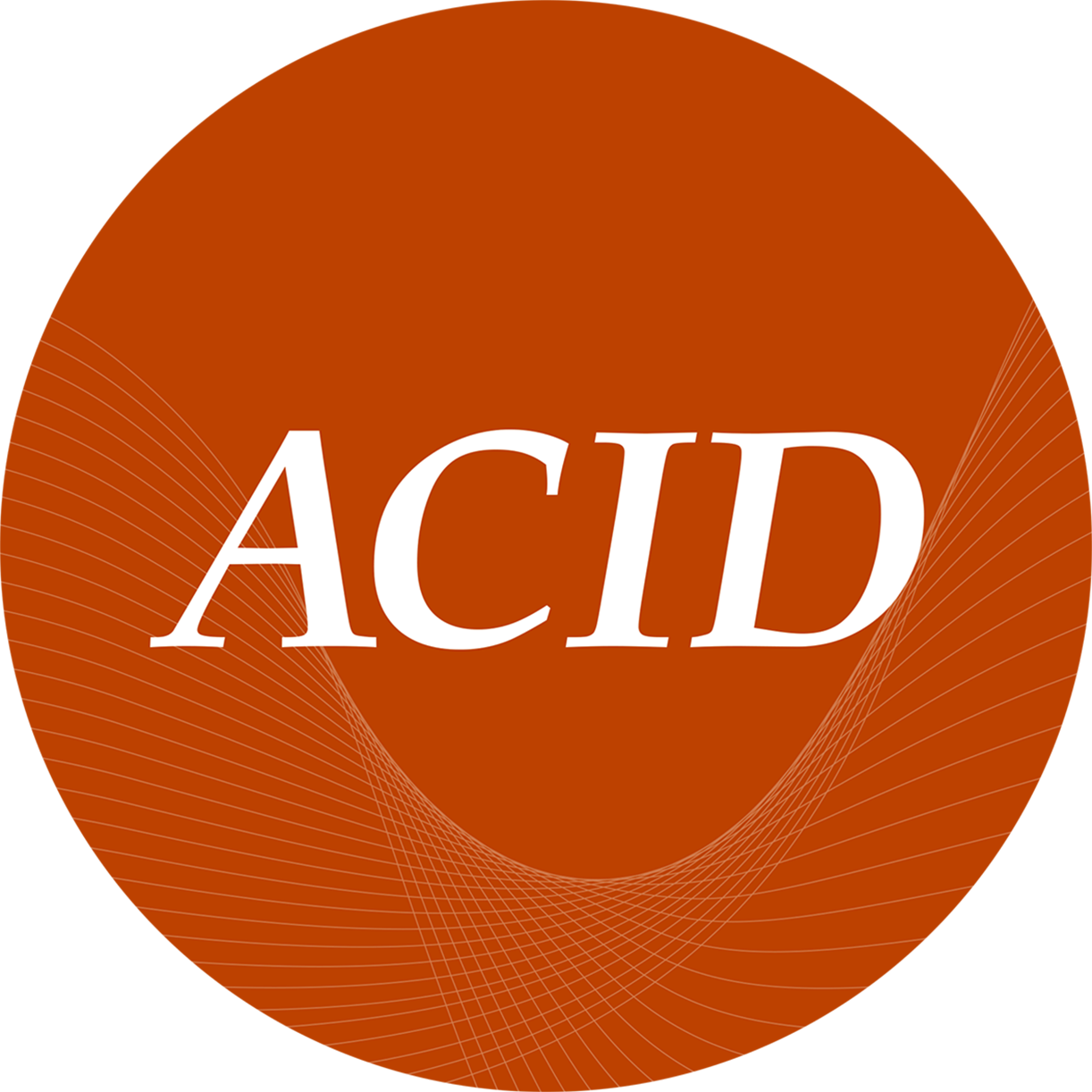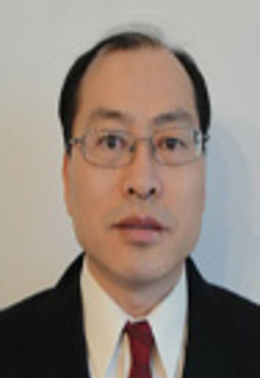A pioneer in medical research in the world. First to challenge the causal link between mutations in BRCA1 gene or BRCA2 gene and breast cancer/ovarian cancer, because there is no solid genetic evidence to support the linkage. Redefined the claimed induced pluripotent stem cells (iPSCs) as induced pluripotent stem cell-like cells, and first to assert that iPSCs would not be a reliable and feasible source of stem cells. First to predict that influenza viruses would unlikely cause a pandemic again in a scale comparable to what happened in 1918 and 1919. First to point out that reovirus is not an oncolytic virus, and reovirus would not be an effective and practical anti-cancer agent. Proposed a possible approach for stem cell gene therapy of some genetic diseases. Isolated some new serotypes and subserotypes of Seadornavirus from mosquitoes collected in Beijing city and Gansu province of China. He obtained medical degree from China and was a physician epidemiologist in China. He acquired a master’s degree in medicine, specialized in medical virology from the Chinese Center for Disease Control and Prevention. He completed his postdoctoral training at the Icahn School of Medicine at Mount Sinai, New Jersey Medical School/Rutgers, The State University of New Jersey, and the Toronto General Hospital/the University of Toronto. Liting Song was a Managing Editor of Frontiers in Bioscience, 2013-2015. He served as an editorial board member of Journal of Biological Regulators and Homeostatic Agents, 2022-; the World Journal of Experimental Medicine, 2011-2018; World Journal of Medical Genetics, 2011-2023. He was an external evaluator for grant proposals of European Research Area (ERA-Net) on Rare Diseases in 2011. He and his colleagues won the Third Prize of Chinese Medical Science and Technology, and the Third Prize of Beijing City Scientific and Technological Progress Award in 2004.







